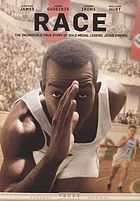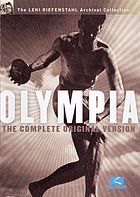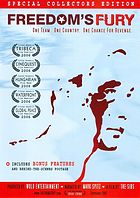Historians aren't precisely sure when the Ancient Olympic games began; only that it was sometime before 776 BC and until 724 the only competition was a single footrace. As time went on, Spartans began to compete with the Greeks and more events were added, such as more footraces, chariot racing, and a pentathlon. Eventually the games were banned for having "pagan connections" in AD 394 and weren't revived until more than 1500 years later.
The modern Olympics began in 1896 with 13 counties, 9 sports, and 43 events, hosted by Athens, Greece. Four years later the first women competed, and in 1924 the Winter Olympics began. Slowly, traditions began to form and create the Games we know and love today. While these events have been the impetus for elevating athletes into star status and pushing the boundaries of the human body, they have also become a world stage for politics, protest, scandal, and tragedy.
Below you’ll find a selection of our display, including ancient and modern histories of the Olympic games, biographies of a few famed American athletes, and related topics.
note: Follow the title links to get a full description or to "place a hold". We'll pull it for you!
History of the Games
The 1932 Olympic games took place in Los Angeles in the depths of the Great Depression; that they were held at all falls barely short of miraculous. The United States sent thirty-seven women to compete--seventeen swimmers, seventeen track and field athletes, and three fencers. It was not easy, and far from acceptable, for a woman to be an athlete in 1932. Pieroth's account is drawn from interviews with eleven of the women athletes, family members, other Olympians of the era, and witnesses of the 1932 games.
The Berlin Games matched cutting-edge communication technology with compelling sports narrative to draw the blueprint for all future sports broadcasting. A global audience--the largest cohort of humanity ever assembled--enjoyed the spectacle via radio. This still-novel medium offered a "liveness," a thrilling immediacy no other technology had ever matched. As Michael J Socolow shows, the origins of global sports broadcasting can be found in this single, forgotten contest.
It is the early Cold War. The Soviet Union appears to be in irresistible ascendance and moves to exploit the Olympic Games as a vehicle for promoting international communism. In response, the United States conceives a subtle, far-reaching psychological warfare campaign to blunt the Soviet advance. Drawing on newly declassified materials and archives, Toby C. Rider chronicles how the U.S. government used the Olympics to promote democracy and its own policy aims during the tense early phase of the Cold War.
 Race
Race


0 Comments.